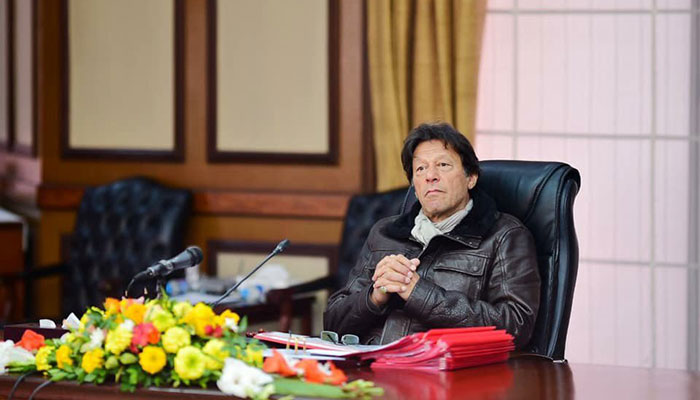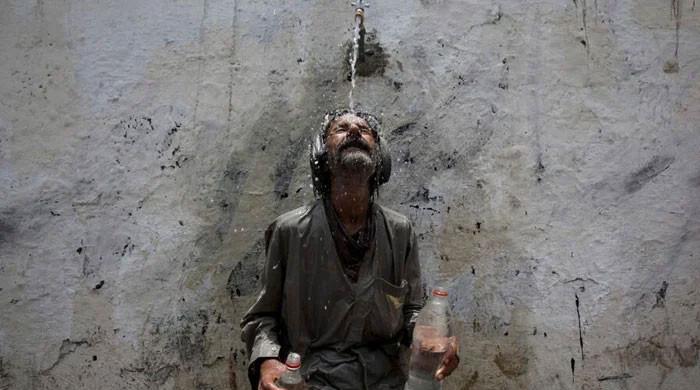Most Pakistanis think favourably of PM Imran’s performance: survey
Prime Minister Imran Khan enjoys a better approval rating among the millennial and urban population, Gallup survey found
January 27, 2019

ISLAMABAD: More than half of Pakistanis hold a favourable opinion of Prime Minister Imran Khan's performance during his first five months in power, a survey conducted by Gallup Pakistan and Gilani Foundation has revealed.
According to the survey findings, a nationally representative sample of men and women from across the four provinces was asked about their opinion on Prime Minister Imran’s overall performance since winning the July 2018 general election.
In response, 13% said ‘very good’, 38% said ‘good’, 26% said ‘bad’, 20% said ‘very bad’, while 3% did not know or did not wish to respond.
Urban respondents were found to be significantly more upbeat about the prime minister. From among urban respondents, 15% thought that Prime Minister Imran’s performance has been very good up until now, while 44% said that it had been good, 23% said that it had been bad, 16% said very bad, and 2% did not know or did not wish to respond.
On the other hand, from among rural respondents, only 12% said that it had been very good, 35% that it had been good, 27% that it had been bad, 22% that it had been very bad, while 4% did not know or did not wish to respond.
The premier appears to enjoy a better approval rating among millennials, the poll found. Respondents in the under-30 age group rated Imran Khan’s performance most highly. 15% said that it has been very good, 40% said it has been good, 19% said bad, 24% said very bad, while 2% did not respond.
Among the 30 to 50 age group, 14% said that it has been very good, 37% good, 27% bad, 18% very bad, while 4% chose not to respond. Among the 50+ age group, only 3% said that it has been very good, 40% that it has been good, 39% that it has been bad, 12% very bad, with 6% choosing not to respond.











